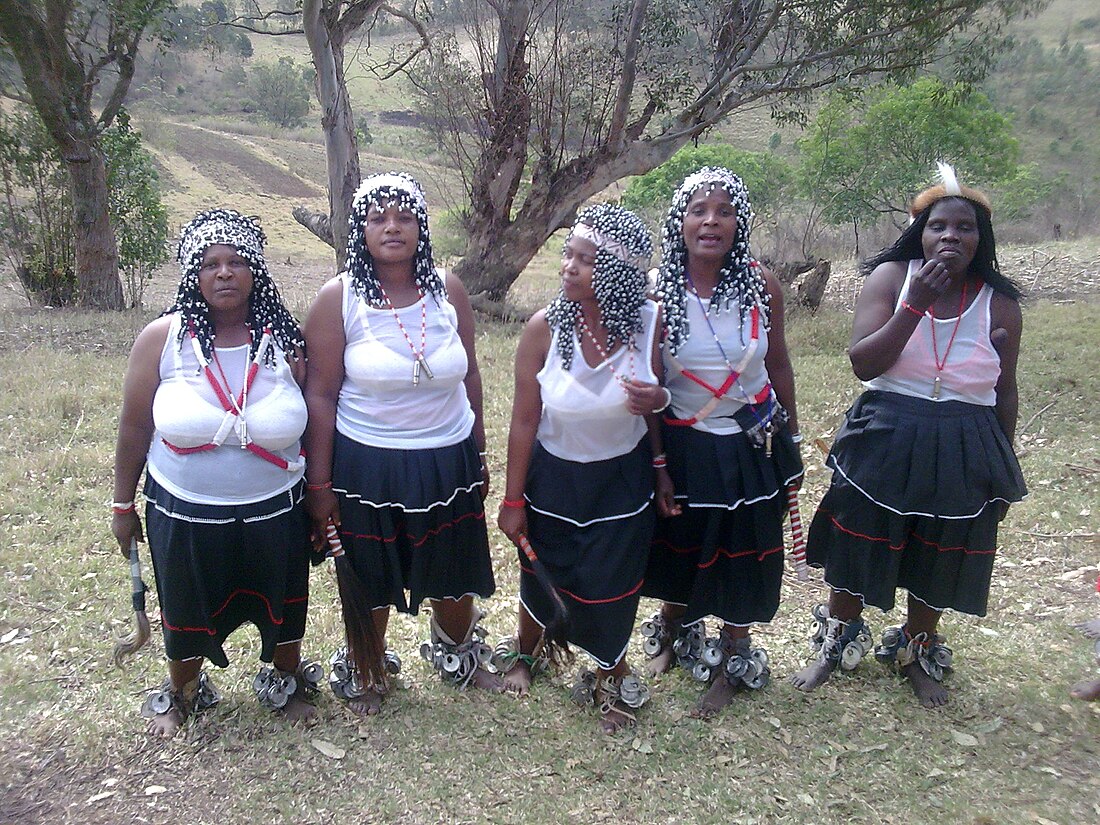Top Qs
Timeline
Chat
Perspective
List of oral repositories
From Wikipedia, the free encyclopedia
Remove ads
Oral repositories are people who have been trusted with mentally recording information constituting oral tradition within a society. They serve an important role in oral cultures and illiterate societies as repositories of their culture's traditional knowledge, values, and morals.[1][2][3][4]
Remove ads
Roles
Summarize
Perspective
People termed as "oral repositories" have been likened to "walking libraries", leading to the saying "whenever an old man dies, it is as though a library were burning down".[5][6][7] Roles vary, and can be titular, formal or informal, some professional specialists such as the Caucasian ashik, or more commonly amateurs and knowledgeable generalists such as the bulaam of the Kuba people.[8]: 36–39
Types of information held by oral repositories includes lineages, oral law, mythology, oral literature and oral poetry (of which oral history is often entwined), folk songs and aural tradition, and traditional knowledge. In many indigenous societies, such as Native American and San, these roles are fulfilled in a general sense by elders.[9][10] In some societies anyone could become a generalist or traditionalist regardless of their social class, and acquisition depends solely on individual aptitude, while in others the roles are hereditary and dependent on class or caste.[11]: 192–193
These people usually hold authority within their respective societies, although musicians sometimes constitute a low caste/class. They can be religious figures playing roles in rituals and ceremonies.[12] With regard to narrative traditions, they usually perform from their repertoire and apply their distinct style while innovating on a well-known tale or work, seeking to create an experience by leading, involving, and responding to the audience.[8]: 34 Some participate in improvised poetry competitions such as the Central Asian aytysh, the North African Kabyle people's amusnaw, the Spanish repentismo, or the West African Ewe people's halo.[13][14] In parts of the world they remain as custodians of culture despite rising literacy rates.[15]
Remove ads
Africa
Remove ads
Asia
Europe
Remove ads
North America
Remove ads
South America
Oceania
Remove ads
See also
- Troubador - Occitan poet, until the 14th century
- Shadow play
- Rakugoka - Japanese performer of verbal comedy
- Bharatanatyam - Tamil traditional dance and literature
- Katha (storytelling format) - Indian religious storytelling
References
Bibliography
Wikiwand - on
Seamless Wikipedia browsing. On steroids.
Remove ads




